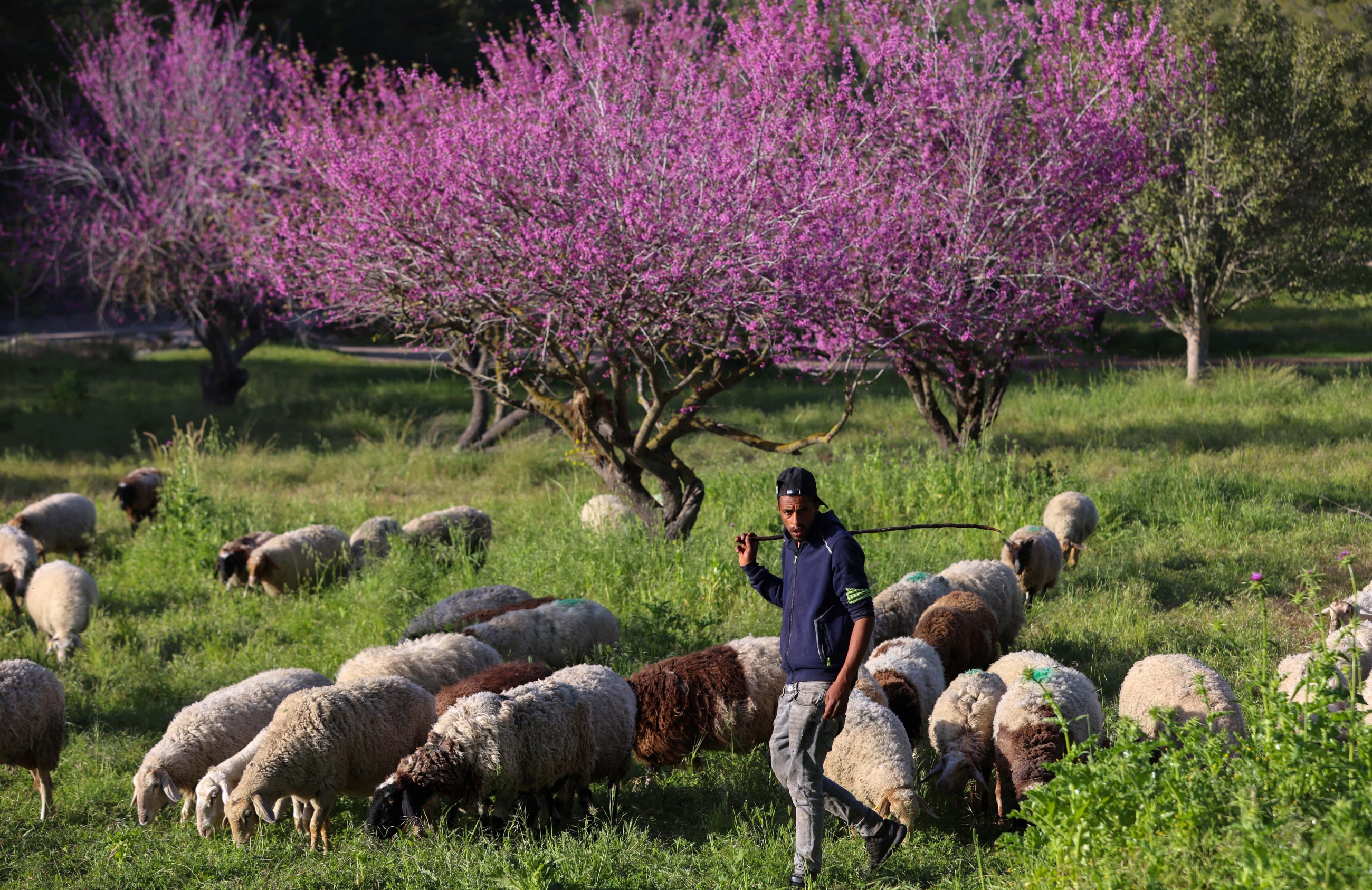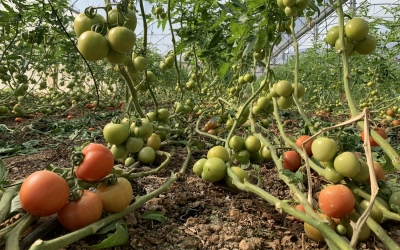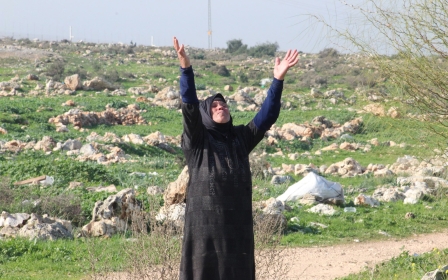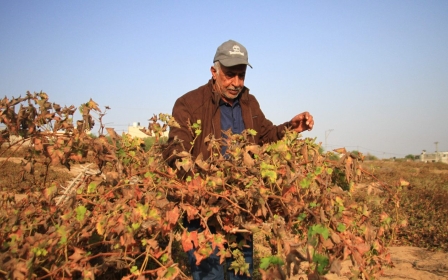West Bank: Israel to legalise dozens of illegal farm settlements

Israel's Civil Administration is pushing plans to legalise dozens of random farm outposts established across the occupied West Bank, the Israeli newspaper Haaretz reported on Monday.
Around 30 to 35 illegal outposts meet the basic criteria, namely that they must be located on state-owned land, and will be regularised under a new regulation set by the Civil Administration, which is responsible for allocating grazing lands in the West Bank.
The implementation of the new system will require the approval of Defence Minister Benny Gantz and the Israeli Ministry of Justice.
Officially, the new regulation aims to define rules for the creation of new farm settlements in the West Bank, but it would also be used to legalise existing ones.
A source in the Yesha Council of settlements told Haaretz that Ze'ev Hever, head of the influential settler movement Amana, is leading the call to legalise farming settlements.
According to the source, Hever pressed Israeli authorities to increase the number of farm settlements that would qualify under the new regulation.
At this stage, the administration is working on legalising between 30 and 40 farms, including those already existing and ones that will be established later in the West Bank.
Livestock farms
Livestock farms have become the most common type of outposts in the occupied West Bank in the past 10 years, with the Amana movement being the driving force behind their establishment.
There are currently around 50 such outposts in the West Bank, taking over 240,000 dunams, about seven percent of Area C, according to Kerem Navot, a settlement watchdog organisation.
Haaretz said that the farm settlements are normally built on state-owned land or privately owned Palestinian lands, but their livestock graze in larger areas outside the outpost's borders.
Most of the outpost farms in the West Bank operate without a grazing contract from the Ministry of Agriculture and only a small number have received approval from the Settlement Division.
According to the Civil Administration, which is in charge of allocating grazing lands in the West Bank, this is often done without its knowledge.
In addition to being located on state-owned land, other conditions that the farmers are expected to meet include acquiring grazing and veterinary permits, and that one family can live alongside workers in the outpost, which must have only a limited number of structures.
Authorities will also establish an agricultural department to review and approve livestock grazing areas for Israelis and Palestinians.
The new system is expected to make it difficult for Palestinian shepherds, who will have to obtain permits that were not required of them in the past.
In the last five years, four farm outposts were established on Palestinian land the size of the cities of Bnei Brak (7,300 dunams, or 730 hectares) and Lydd (around 12,000 dunams) combined, Haaretz reported in November.
Aided by the Israeli army, the settlers have denied Palestinians access to 20,866 dunams of land on which they had previously cultivated crops and grazed livestock.
Middle East Eye propose une couverture et une analyse indépendantes et incomparables du Moyen-Orient, de l’Afrique du Nord et d’autres régions du monde. Pour en savoir plus sur la reprise de ce contenu et les frais qui s’appliquent, veuillez remplir ce formulaire [en anglais]. Pour en savoir plus sur MEE, cliquez ici [en anglais].





